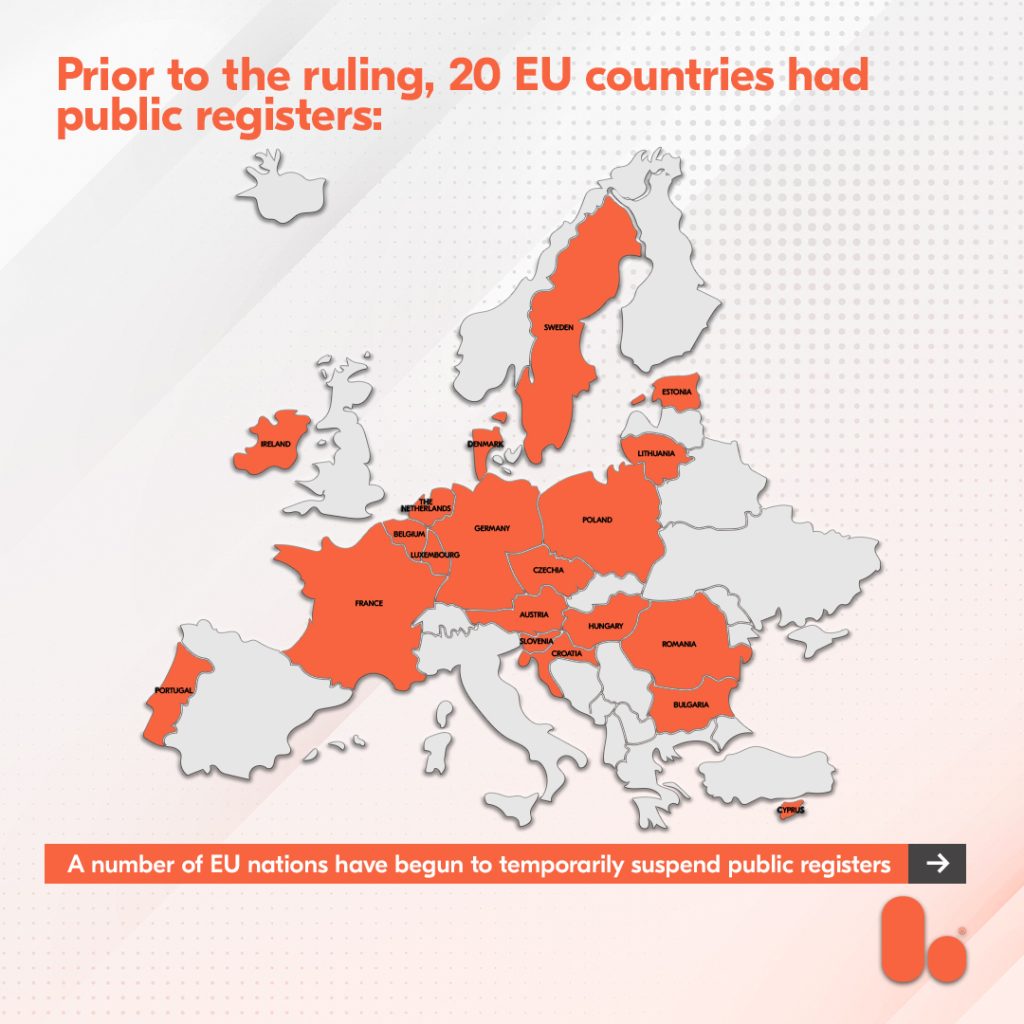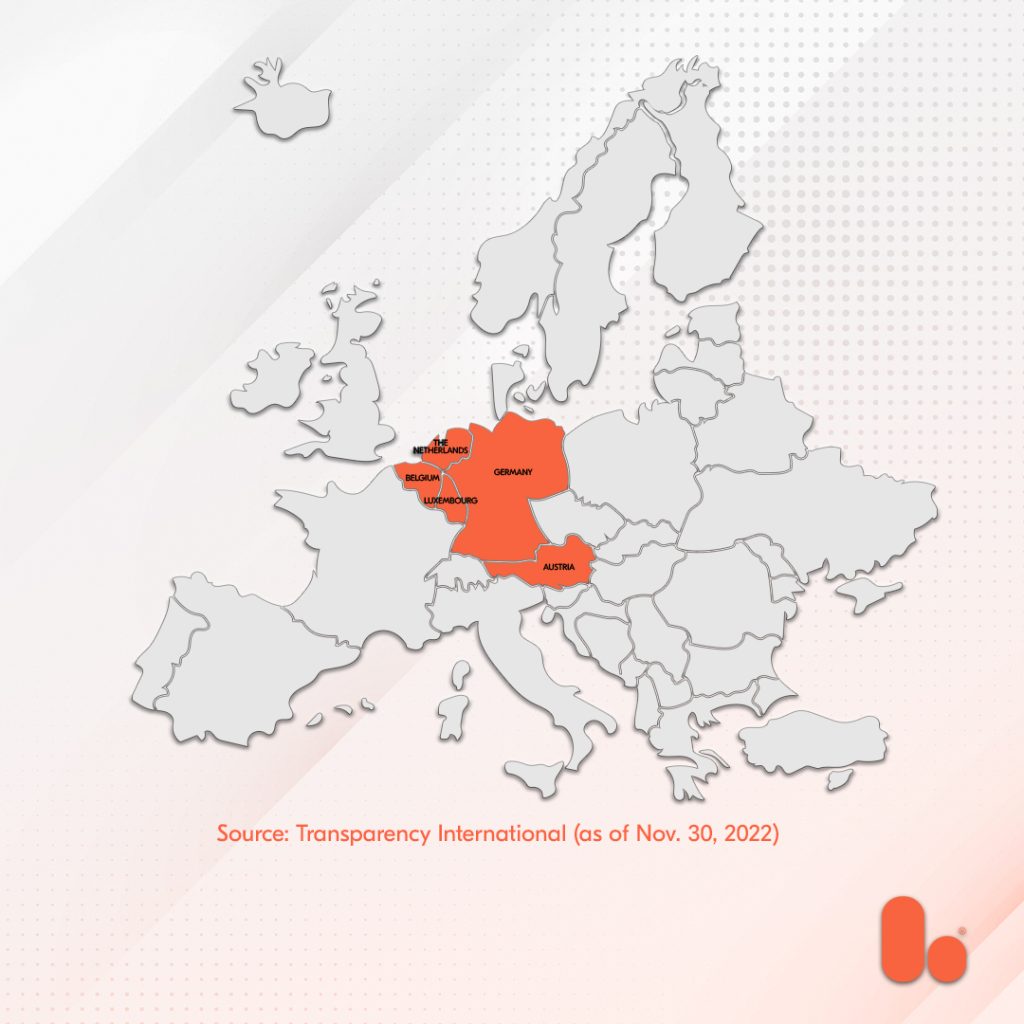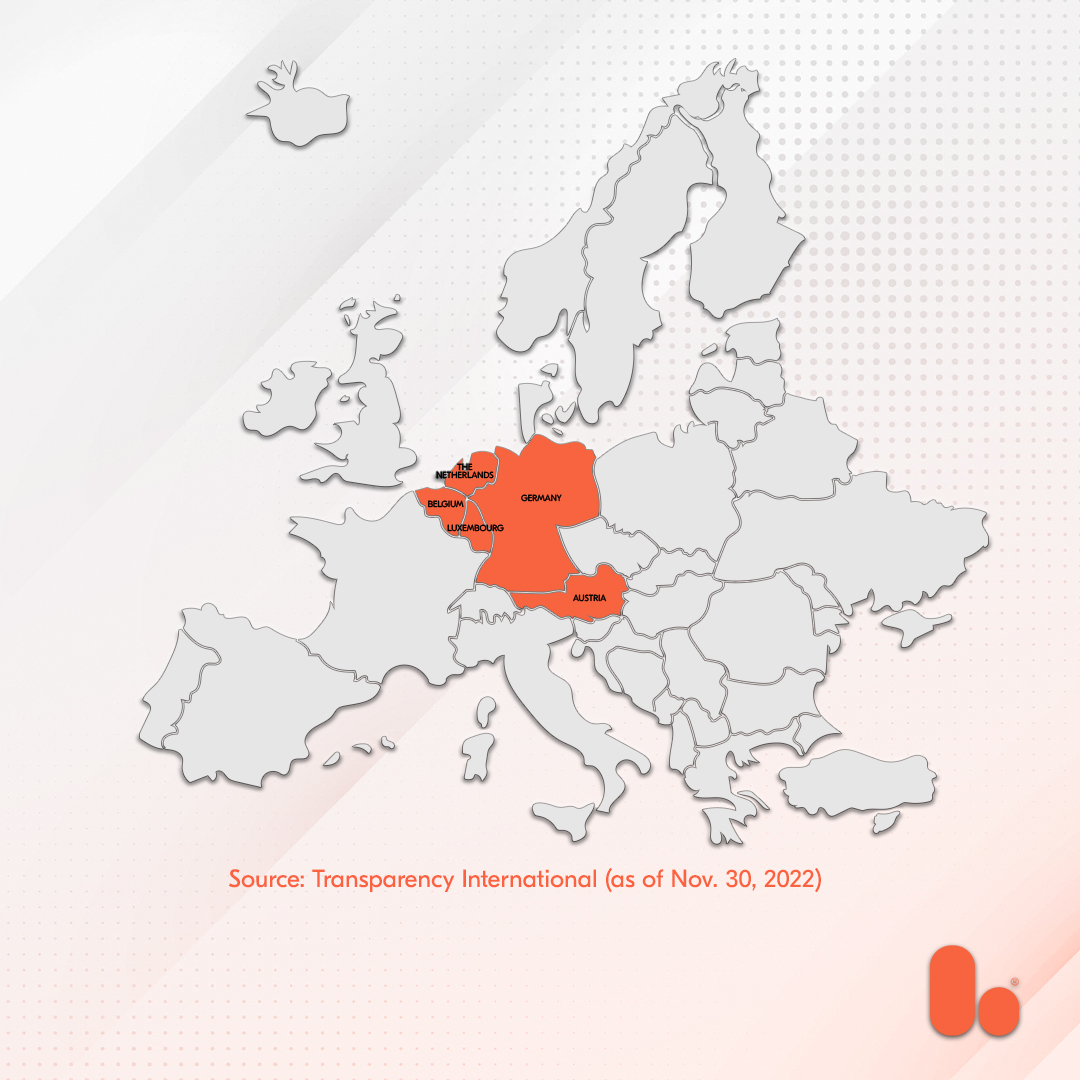Hands off our info: In the EU, public UBO registers are now shutting down
DISCLAIMER: This post was last modified on 09 December 2022. Some information in this article may not be updated.
Following the Court of Justice of the European Union’s (CJEU) issuance of a court ruling on the invalidity of public registers of UBO in the 27-nation EU, member states have started shutting down their registers. A portion of the ruling reads:
In this judgment, the Court, sitting as the Grand Chamber, holds that, in the light of the Charter, the provision of the anti-money-laundering directive whereby Member States must ensure that the information on the beneficial ownership of corporate and other legal entities incorporated within their territory is accessible in all cases to any member of the general public is invalid.
According to the Court, the general public’s access to information on beneficial ownership constitutes a serious interference with the fundamental rights to respect for private life and to the protection of personal data […]
Before the ruling, UBO registers were publicly accessible in the following EU countries:


As of November 30, the Benelux countries, Austria, Germany and Ireland have suspended their public registers.
Read the ruling here.
AML directives in the EU
Under the region’s Fourth Anti-Money Laundering Directive, member states are required to gather and store information related to beneficial owners.
In 2018, significant amendments to this directive were introduced through the AMLD 5; under which, the general public is given access to UBO registers. Section 30 of the Directive says:
Member States should therefore allow access to beneficial ownership information on corporate and other legal entities in a sufficiently coherent and coordinated way, through the central registers in which beneficial ownership information is set out, by establishing a clear rule of public access, so that third parties are able to ascertain, throughout the Union, who are the beneficial owners of corporate and other legal entities.
Global corruption watchdog Transparency International said: “[it] respectfully disagrees with the decision of the court, especially in light of the importance of beneficial ownership transparency in the ever-more critical fight against dirty money and cross-border corruption.”
Maira Martini, corrupt money flows expert at Transparency International also mentioned the ruling ‘set us back years’. According to her, “The [AMLD 5] made the EU anti-money laundering legislation the most progressive at the time, but the CJEU has now erased such progress.”
The question now is: who can access UBO registers?
Individuals or groups with ‘legitimate interest’ in information from UBO extracts can access the register. However, a clear definition of ‘interest’ and specifics of who is allowed access to such data is yet to be cleared by the CJEU, as well as concerned courts in EU jurisdictions.
Bolder regulations, bolder solutions
As an international legal and compliance services provider with a strong presence in the EU, Bolder Group keeps abreast of the latest regulations that affect our clients and how we deliver our solutions. While general access to public UBO registers in a number of EU member states has become unavailable, our clients can confidently rely on our competitive compliance, governance and regulatory services.
We continuously monitor this development to keep our clients informed of relevant news. For more information regarding the matter, please contact your usual Bolder-EU representative.
Bolder Group does not provide financial, tax or legal advice and the information contained herein is meant for general information purposes only. We strongly recommend that before acting on any of the information contained herein, readers should consult with their professional advisers. The Bolder Group accepts no liability for any errors or omissions in the information, or the consequences resulting from any action taken by a reader based on the information provided herein.
Bolder Group refers to the global network of independent subsidiaries of Bolder Group Holding BV. Bolder Group Holding BV provides no client services. Such services are provided solely by the independent companies within the Bolder Group which are each legally distinct and separate entities and have no authority (actual, apparent, implied or otherwise) to obligate or bind Bolder Group Holding BV in any manner whatsoever. The operations of the Bolder Group are conducted independently and have no affiliation with third party financial, tax or legal advisory firms or corporations.
